The International Association of University Presidents (IAUP) and the Institute of International Education (IIE), two of the Qatar Foundation's partners in WISE,
NEWS PROVIDED BY
Mar 24, 2011, 12:48 ET
PARIS, March 24, 2011 /PRNewswire/ -- Five prominent international figures will select the winner of the world's first major international prize for education.
The WISE Prize for Education was announced by Her Highness Sheikha Moza bint Nasser, Chairperson of Qatar Foundation, at the conclusion of the second World Innovation Summit for Education in Doha, Qatar, in December 2010. The first Laureate will be named at WISE 2011 in November.
The Jury members are:
- Dr James H. Billington, Librarian of Congress, USA
- Prof. Jeffrey D. Sachs, Director of the Earth Institute, Columbia University, USA
- Mrs Fatma Rafiq Zakaria, Chairman of the Maulana Azad Educational Trust, India
- H.E. Naledi Pandor, Minister of Science and Technology, MP, South Africa
- H.E. Sheikh Abdulla bin Ali Al-Thani, PhD, Chairman of WISE, Qatar Foundation, Chairman of the Jury
The WISE Prize for Education will reward an individual or team for an outstanding, world-class contribution to education. The Laureate's achievements should have had a significant, lasting impact upon education at any level, and should demonstrate an inspiring and visionary approach.
The Prize will support the WISE mission of raising the status of education internationally by establishing an award of similar standing to those that already exist in other fields such as science, literature, peace and economics. The winner will receive $500,000 and a gold medal.
Nominations are invited until the end of April from individuals and institutions such as universities, schools, NGOs, teachers' organisations, the media and private corporations.
From mid-July to mid-September 2011, the Jury will examine the candidacies of 15 finalists pre-selected by a committee responsible for screening all submissions.
Dr Abdulla bin Ali Al-Thani, Chairman of WISE, Qatar Foundation, explains: "As Chairman of the Jury, I am pleased to welcome this group of eminent people to form the WISE Prize for Education Jury. They have been selected because of their international vision, professional achievements and expertise. I believe their rich experience and diverse competencies will enable us to identify a Laureate of the highest calibre, and the WISE Prize for Education will become the world standard for achievement in this field."
Qatar Foundation inaugurated the World Innovation Summit for Education - WISE - in 2009 to harness the knowledge, skills and experience of multiple stakeholders in addressing the challenges facing 21st-century education.
Find out more about the WISE Prize for Education: http://www.wiseprizeforeducation.org
About the World Innovation Summit for Education (WISE)
WISE is dedicated to building the future of education through innovation. This global collaborative initiative was inaugurated in 2009 by the Qatar Foundation, under the patronage of Her Highness Sheikha Moza bint Nasser. Its mission is to address the challenges facing 21st century education, to expand dialogue around the world and to implement practical and sustainable solutions. With this purpose, WISE holds an annual international summit that provides a unique platform and meeting place for thought leaders and experts to share best practices about education. WISE is also a year-round initiative devoted to reaching outside the traditional circles of the education community to promote innovation and implement concrete actions. The WISE 2011 Summit will take place in Doha, Qatar, 1-3 November 2011. Full details on the WISE website:
https://www.wise-qatar.org/wise-works/wise-prize-for-education/
2011 WISE
The 2011 WISE Summit, which takes place from November 1–3, 2011, in Doha, Qatar, explores the theme of "Changing Societies, Changing Education." On Day 1 of the Summit, the focus will be on how innovation and change happen in different sectors, and whether and how these models may inspire new strategies for education, as well as intersectoral collaboration for development. Discussion on Day 2 will sharpen the focus on innovation in the education sector. Participants will explore models for whole-system reform of education, as well as individual "break-the-mold" projects that may inspire broader reforms. On Day 3, the discussion will turn to the future, inviting new visions and new thinking about how education and lifelong learning systems may better meet the needs of changing societies, and better prepare learners for the unknown future.
Throughout the Summit, 1,200 decision-makers, practitioners, and thought leaders from different sectors will share and debate ideas, discuss new ways to address major challenges, and ways to promote purposeful action.
The World Innovation Summit for Education (WISE) is a global collaborative initiative established by Qatar Foundation under the patronage of Her Highness Sheikha Mozah Bint Nasser Al Missned. Qatar Foundation works in partnership with international organizations involved in global educational issues. These partners are closely associated with the WISE event, helping conceive high-quality debates and promoting the WISE initiative through their international networks. IIE is one of six partner organizations. IIE will organize two special workshops at the WISE Summit:
Building the Knowledge Economy: Human Capacity Development through Scholarship Programs
In today’s global economy, development of human capacity is more important than ever. A key factor is the ability to offer access to tertiary education opportunities for motivated and often under-served students that will help build a country’s knowledge economy and workforce. Major stakeholders—national governments, universities, the private sector, and foundations—all have a responsibility to work together to offer education opportunities that meet changing domestic, regional, and global needs. In this workshop, participants will discuss examples of how strategic scholarship programs have been game changers, lessons learned from their achievements, and challenges and visions for the future.
Beyond Rankings: Classifying Diverse Institutions of Higher Education Globally
This session will explore initiatives in the Arab world and other countries such as China and Germany that have been successful in implementing rigorous higher education classifications and rankings systems. Participants in the session will discuss the value of developing these types of assessment systems, how key countries have leveraged institutional data to improve the quality of domestic higher education and position their universities as world-class, and what steps can be taken to develop similar indicators and systems for measuring higher education performance and quality.
WISE Awards
The WISE Awards are designed to identify, showcase and promote innovative educational projects from around the world. Every year, since 2009, six winners are selected by a prestigious Jury for their concrete and positive impact on education. In addition to this recognition given by eminent experts from the education world, they receive $20,000 and are given access to international exposure.The 2011 edition of the WISE Awards will continue to celebrate successful models and innovations from around the world within the theme Transforming Education: Investment , Innovation and Inclusion. Application forms should be downloaded from the website and submitted online, once completed, before 31 May 2011.
WISE Prize for Education
The WISE Prize for Education will reward individuals - or teams of individuals - who have made an outstanding contribution to any field or level of education. Nominations are currently invited from institutions with a demonstrable commitment to education, such as universities, schools, colleges, teachers' organisations, research facilities, international organisations, non-governmental organisations, governments and private corporations. Some individuals of internationally high repute may also be asked to submit nominations. Self-nominations will not be accepted. The nominees will be screened by an 11-person WISE Prize Committee which will make a pre-selection of no more than 15. A Jury of five distinguished individuals will consider the 15 final nominations and select a winner who will receive an award of $500,000 and a gold medal.
Qatar Foundation For Education, Science And Community Development
Founded in 1995 by decree of His Highness Sheikh Hamad Bin Khalifa Al Thani, Emir of Qatar, Qatar Foundation is a non-profit organization focusing on education, scientific research and community development. Under Qatar Foundation’s umbrella are Education City, which comprises elite universities, several academic and training programs and Qatar Science and Technology Park, which boasts more than twenty-one world-class companies involved in scientific research and development. Chaired by Her Highness Sheikha Mozah Bint Nasser Al- Missned, Qatar Foundation also aims to enhance lives through community development initiatives including Doha Debates, Reach out To Asia and Al Jazeera Children's Channel. Joint venture partnerships in the areas of design, ICT, telecommunications, policy studies and event management contribute to fulfilling the objectives of the Qatar Foundation.
previously
The six WISE Awards 2010 Laureates are: | |
Name: Mushtaq Chhapra | |
Country: Pakistan | |
Project: The Citizens Foundation | |
Name: Ayla Goksel | |
Country: Turkey | |
Project: Mother Child Education Program | |
Name: Nnaemeka Ikegwuonu | |
Country: Nigeria | |
Project: The Smallholders Farmers Rural Radio (Farm 98.0 FM) | |
Name: Cecilia D'Oliveira | |
Country: USA | |
Project: MIT OpenCourseWare | |
Name: Tove Romsaas Wang | |
Country: United Kingdom | |
Project: Rewrite the Future | |
Name: Neil Turok | |
Country: South Africa | |
Project: AIMS Next Einstein Initiative |


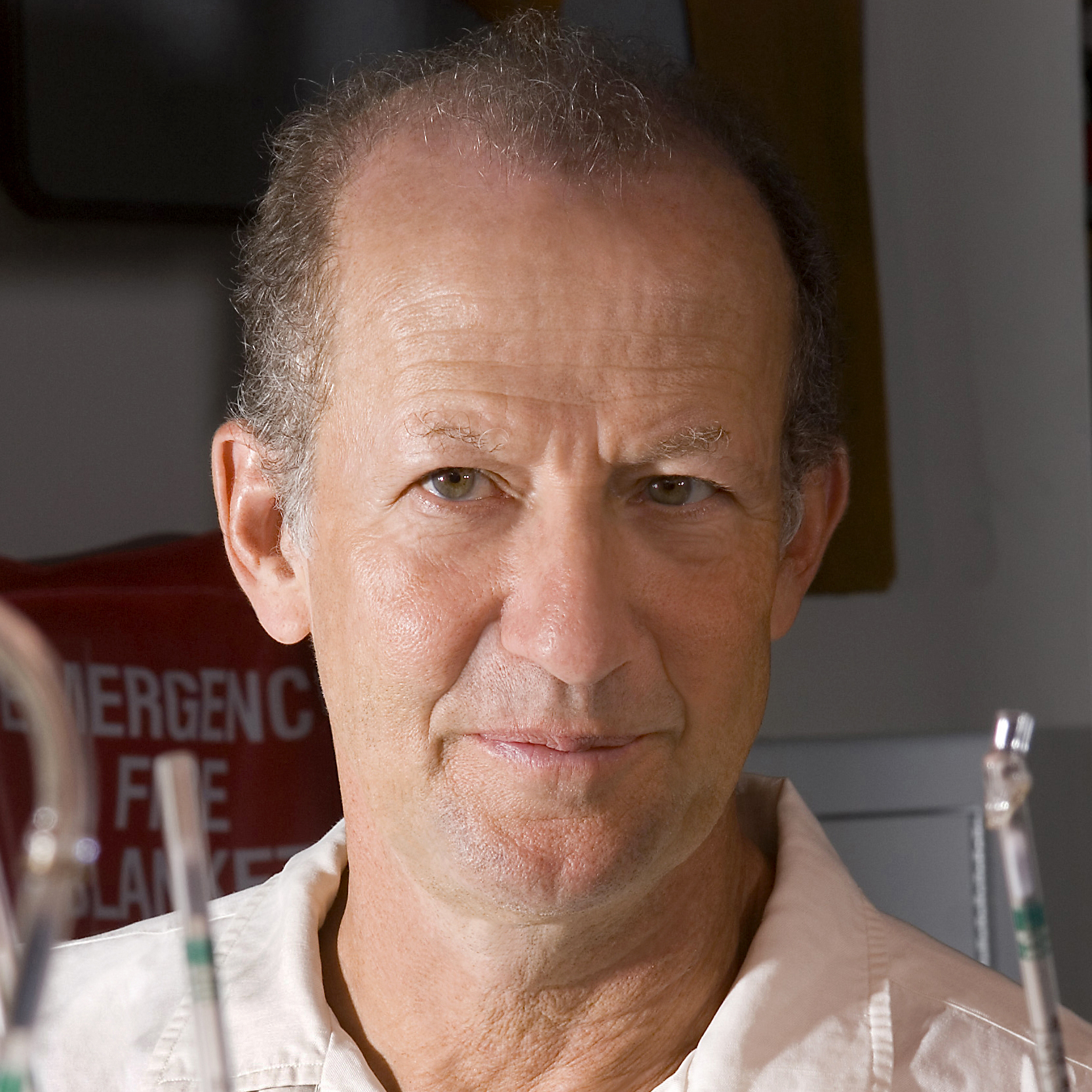
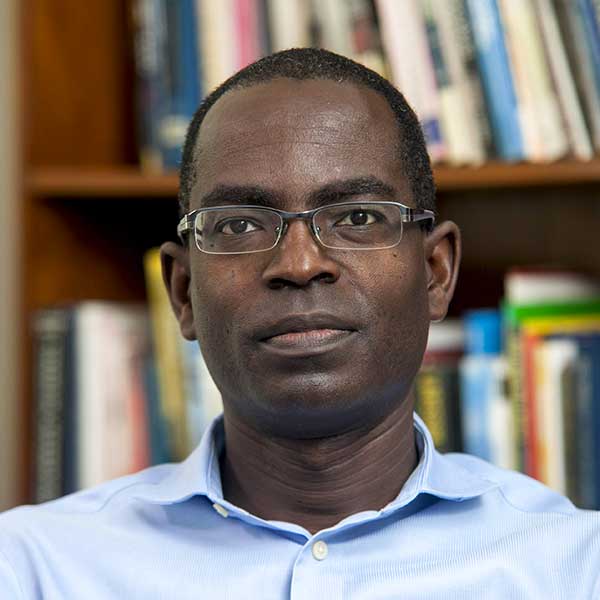
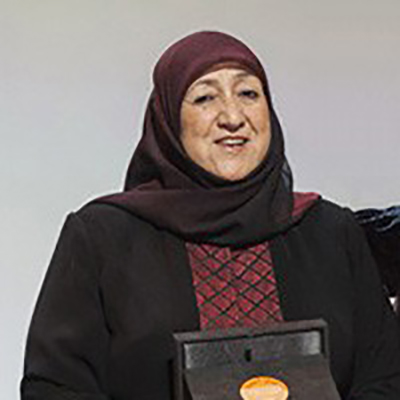
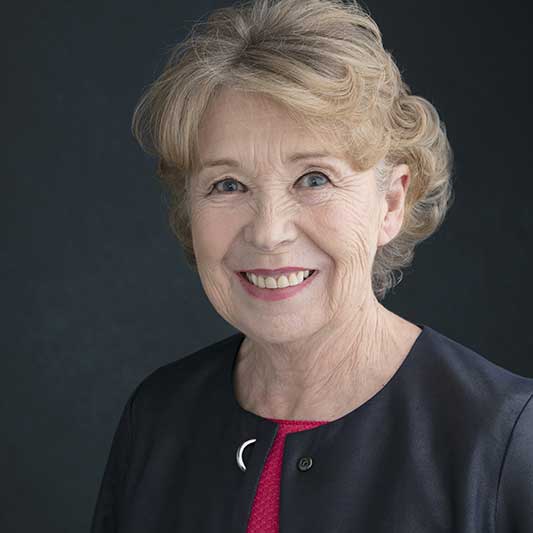
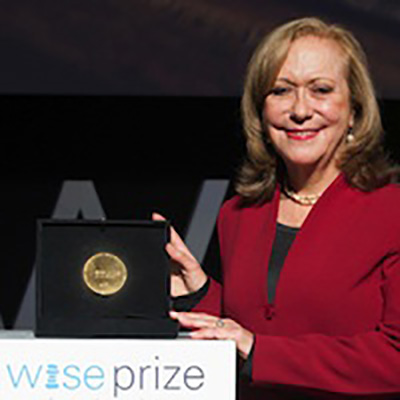
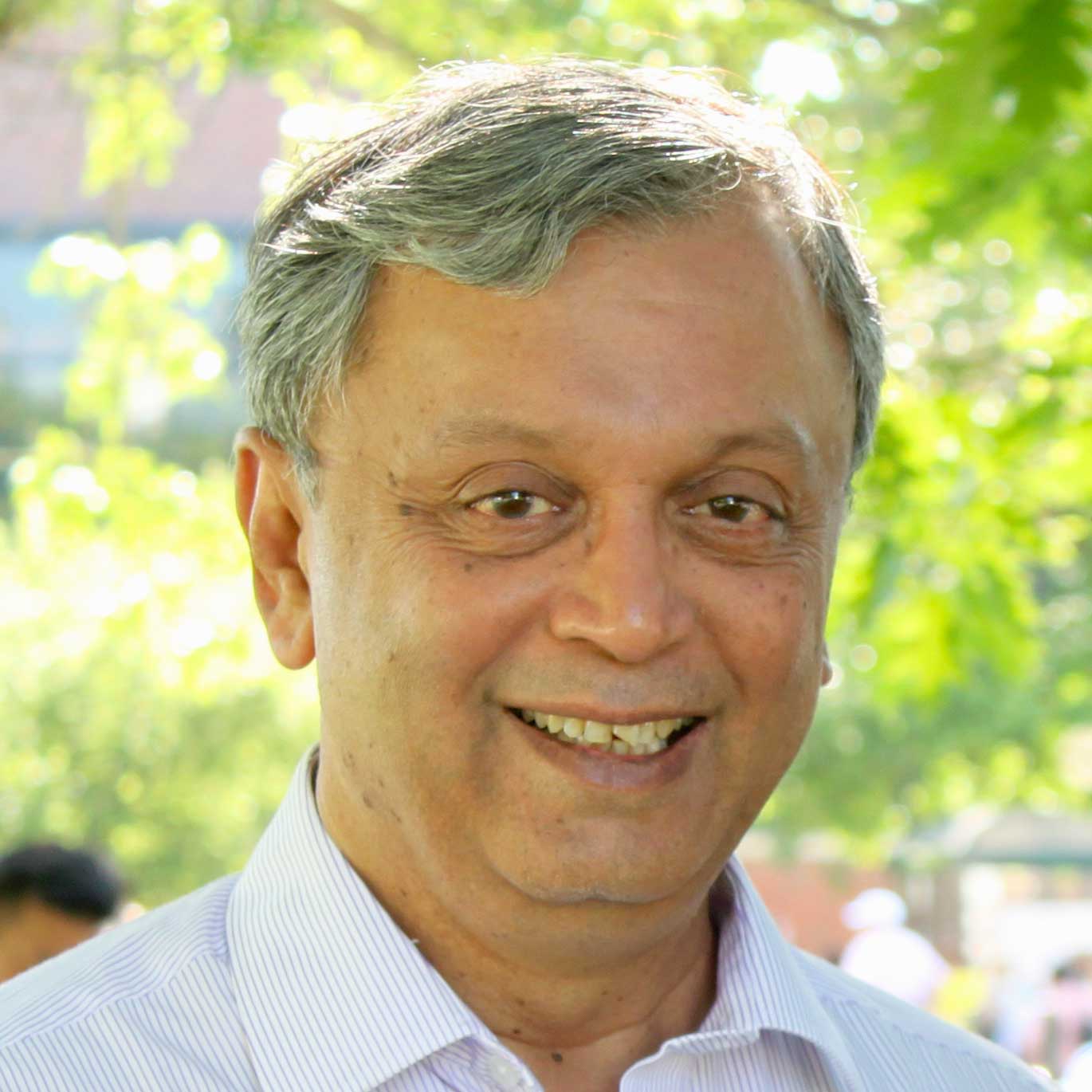
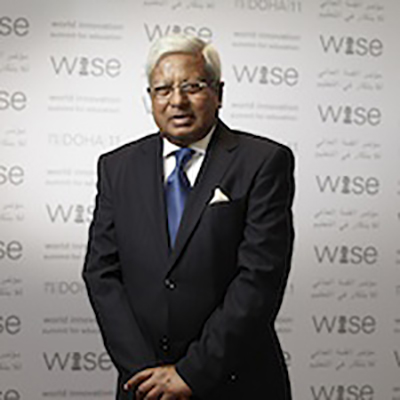
No comments:
Post a Comment